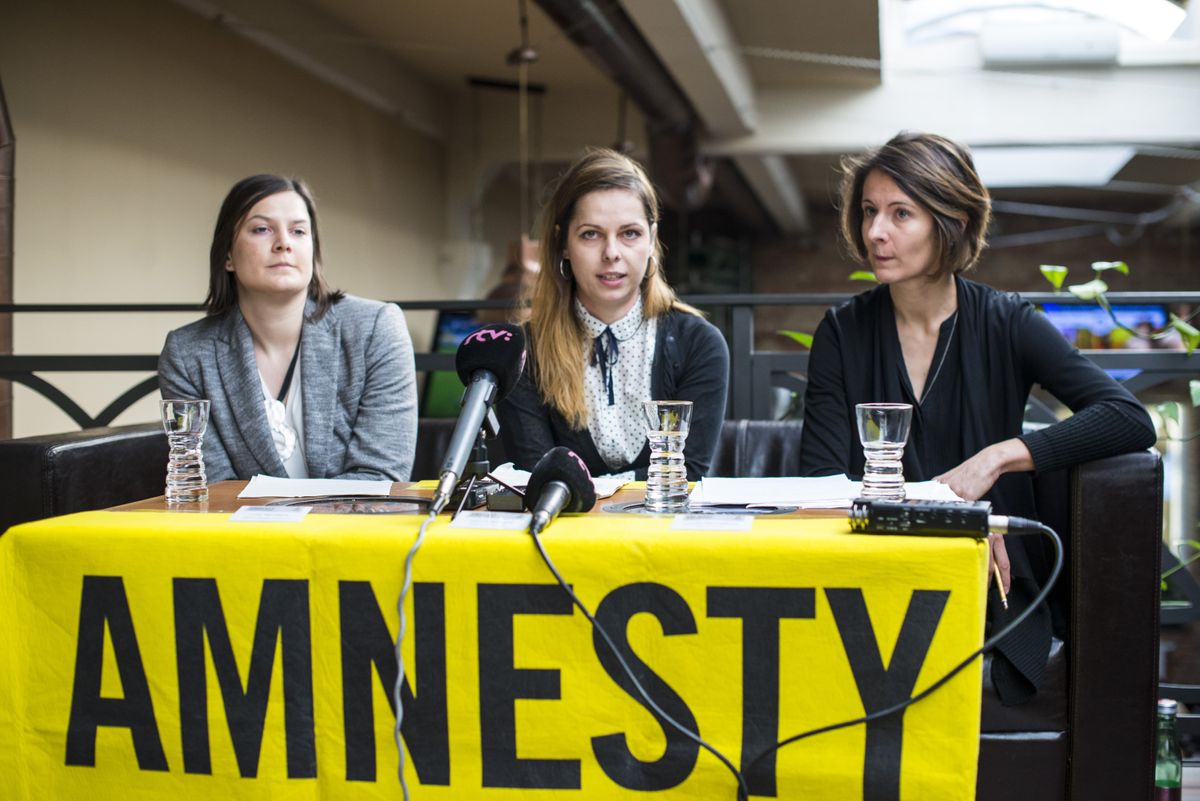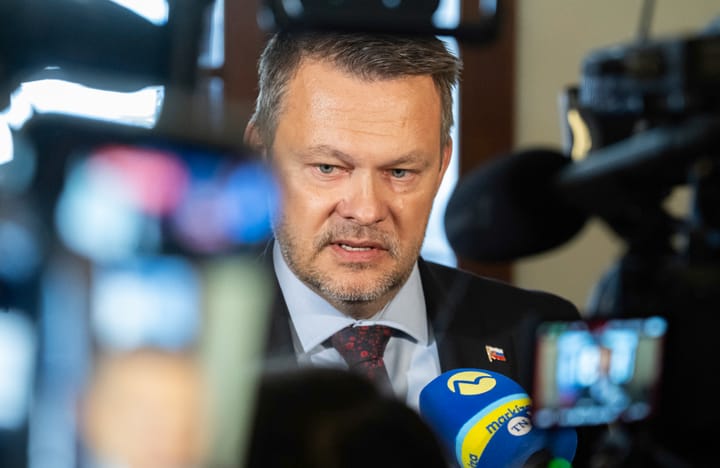AIS: Slovakia Failed in Protection of Roma Minority and Refugees

Bratislava, February 24 (TASR) – Amnesty International Slovakia (AIS) has stated that in the past year Slovakia has failed in human rights protection due to discrimination against the Roma minority and the approach to migrants, TASR learnt on Wednesday.
Global research showed that people were tortured or mistreated in more than 122 states, with around 29 states expelling refugees to countries where they may face persecution or other dangers. War crimes were committed in at least 19 countries.
“Slovakia is failing due to unsuitable treatment of people fleeing as well as in investigations into the use of excessive force by police officers. This was most tangible in raids in Roma settlements,” said Lucia Bernatova from AIS, who recalled police interventions in settlements in the towns of Vrbnica and Moldava nad Bodvou (both Kosice region). “The raid in Vrbnica settlement left 19 injured people, damaged houses and traumatised children,” she added.
Bernatova criticised the police for not elucidating the reason for the raid in Vrbnica and for the excessive use of force. With respect to Moldava nad Bodvou she criticised the suspension of an investigation in four out of the total of six points. One of the suspended points concerned battery. AIS also criticised the segregation of Roma children and their excessive placement in special schools. This issue is also being examined by the European Commission.
AIS pointed to the violation of the human rights of refugees. For example, this was seen when Slovakia and other countries linked the terror attacks that took place on November 13 in Paris to the current migration crisis and the security situation. After the terror attacks, Slovakia adopted a package of anti-terrorist measures. “These measures significantly interfere with the protection of human rights and the freedoms of Slovak citizens,” stated Bernatova. AIS is alarmed due to an extension of police powers as well as the periods for which people can be detained.
Bernatova also pointed to the attacks that took place in Cologne on New Year’s Eve, claiming that Slovak Prime Minister Robert Fico only further fuelled hatred and discrimination against the Muslim minority instead of calming the situation. The Muslim community as a whole shouldn’t be judged based on the acts of individuals, emphasised Bernatova.
AIS warned that international human rights protection might eventually break to pieces if short-term selfish national interests prevail over the protection of basic human rights and freedoms. Protection is getting weaker due to intentional attacks by governments and the failure to support institutions responsible for the protection of human rights. “The year 2015 wasn’t a good one for rights and freedoms. Governments approach rights contemptuously and are in breach of their international obligations,” said head of the AIS Office Kamila Gunisova.



